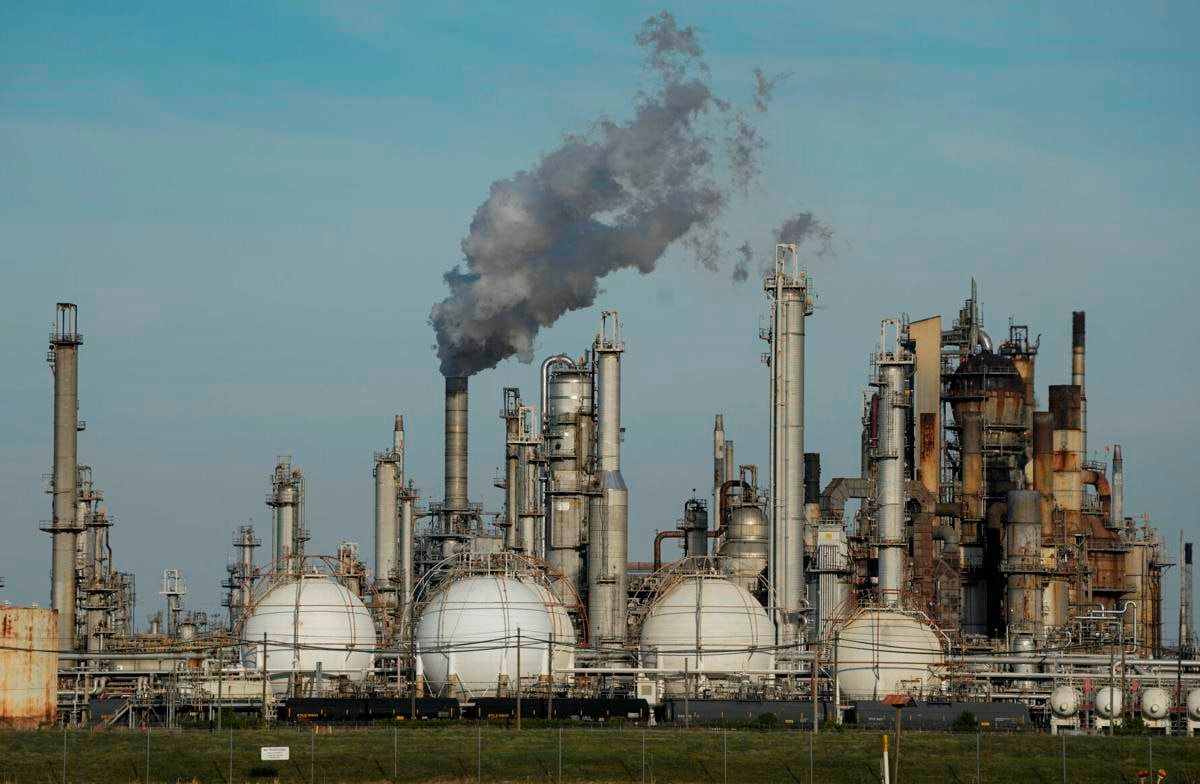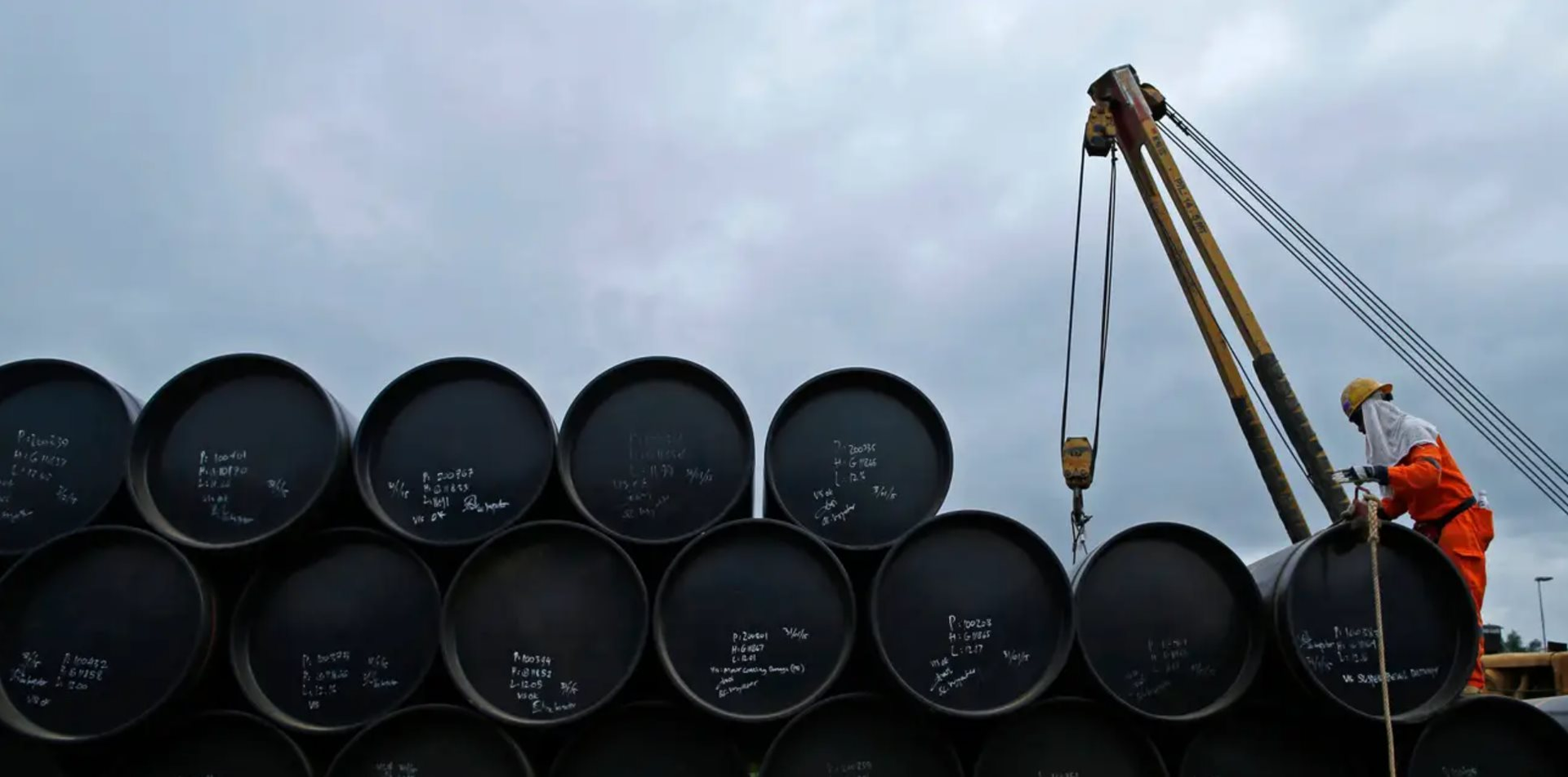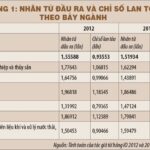
In a bold forecast for the energy market, JP Morgan predicts that Brent crude oil prices could plummet to $30 by the end of fiscal year 2027. This projection is driven by a deepening global oversupply, which is outpacing demand growth.
The investment bank’s latest outlook suggests that even with steady oil consumption over the next three years, the influx of new supply—particularly from non-OPEC+ producers—will overwhelm the market, exerting significant downward pressure on prices.
Brent crude has already declined by 14% year-to-date, trading at a relatively stable $62.59 per barrel on November 24, as the oil market awaits updates from renewed peace talks in Ukraine.

Brent crude prices have dropped by 14%.
The United States and Ukraine held negotiations in Geneva on Sunday, which both parties described as “highly productive.” They agreed to continue in-depth discussions on a “refined” peace plan initially proposed by the U.S. last week.
Oil prices are expected to decline further due to ample supply from OPEC+ and non-OPEC producers in the Americas. However, analysts and investment banks currently do not anticipate prices falling below $40, despite oversupply concerns.
A resolution to the Ukraine conflict would significantly impact energy prices, as some sanctions and restrictions on Russia could be eased.
Consequently, oil prices are projected to continue falling in 2026, with U.S. benchmark WTI crude averaging $53 per barrel that year, according to Goldman Sachs.
Last week, Daan Struyven, co-head of global commodity research at Goldman Sachs, told CNBC that the bank expects oil prices to decline further in the coming year, advising investors to short oil now.
Goldman estimates a 2 million barrel-per-day surplus next year but notes that 2026 will mark the final year of this significant supply wave.
Struyven added that the oil market is expected to rebalance by 2027, as 2026 will see “the last major wave of oil supply hitting the market.”
JP Morgan Predicts Crude Oil Prices Could Drop to $30 per Barrel
According to JP Morgan’s forecast, Brent crude oil prices could plummet to $30 per barrel by 2027, driven by a persistent global oversupply.
Russia’s Oil Exports Surge as Deadline for U.S. Sanctions Looms
Imports of Russian oil into India are surging, marking a significant shift in global energy dynamics. This trend underscores India’s strategic diversification of its energy sources, leveraging cost-effective alternatives amidst geopolitical tensions. As a result, Russia has emerged as a pivotal supplier, reshaping trade patterns and reinforcing India’s energy security.
A Call for Energy Sector Reform: Are There Alternatives to EVN’s Monopoly?
“Sooner or later, we must factor in accurate accounting for businesses’ electricity prices. EVN [Electricity of Vietnam] cannot shoulder the burden indefinitely,” emphasized Mr. Trinh Quoc Vu, Deputy Director of the Electricity and Renewable Energy Authority (Ministry of Industry and Trade).
“EVN Takes a ‘Hit’ Rather Than a Loss”
As of late 2023, EVN faced a significant deficit in its finances, according to Trinh Quoc Vu, Deputy Director of the Electricity Authority under the Ministry of Industry and Trade. This deficit, commonly referred to as cumulative losses, amounted to a staggering 50,000 billion VND, excluding exchange rate differences. This discrepancy between revenue and expenses will inevitably require EVN to accurately reflect these costs in electricity prices.




















